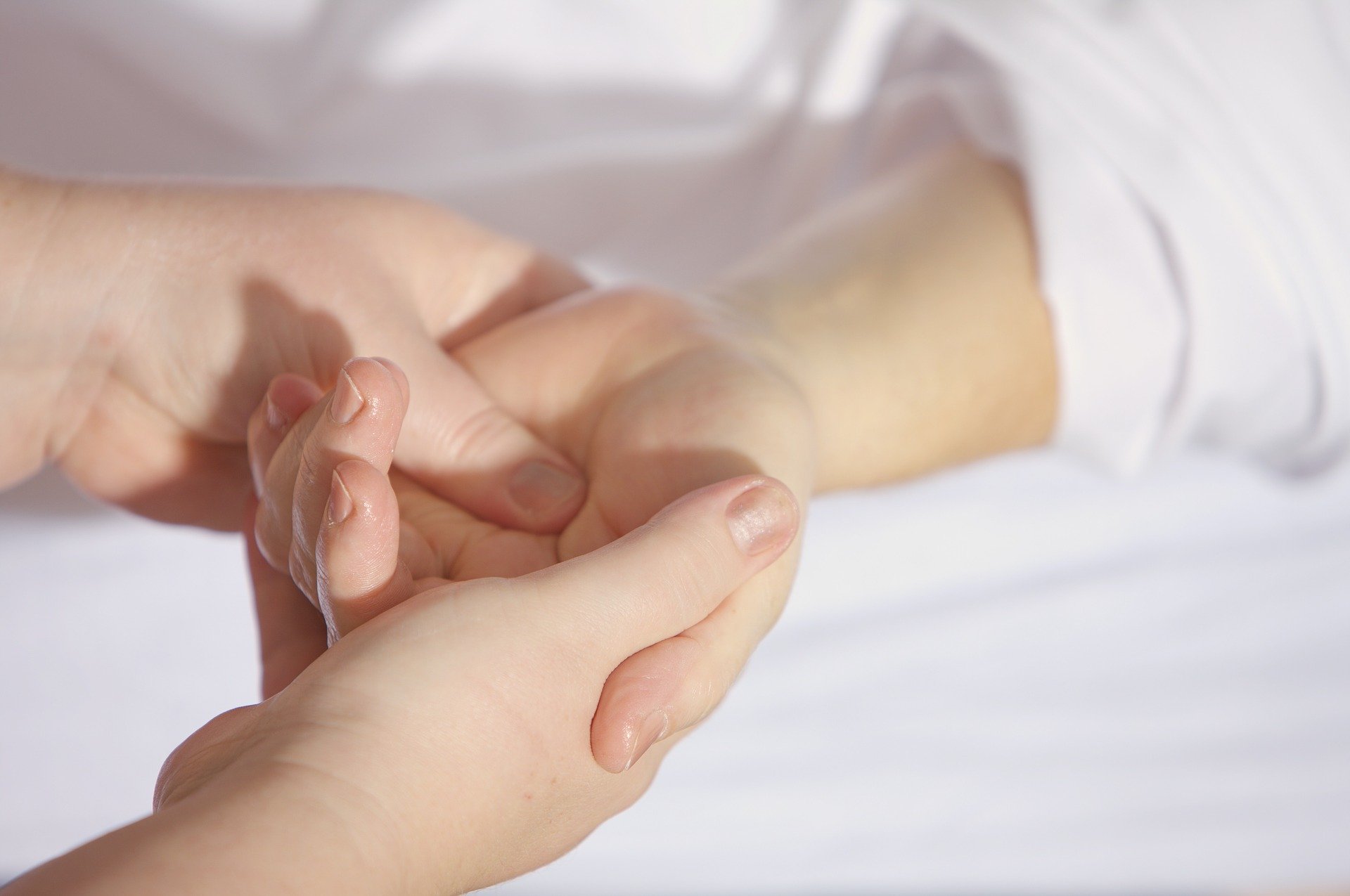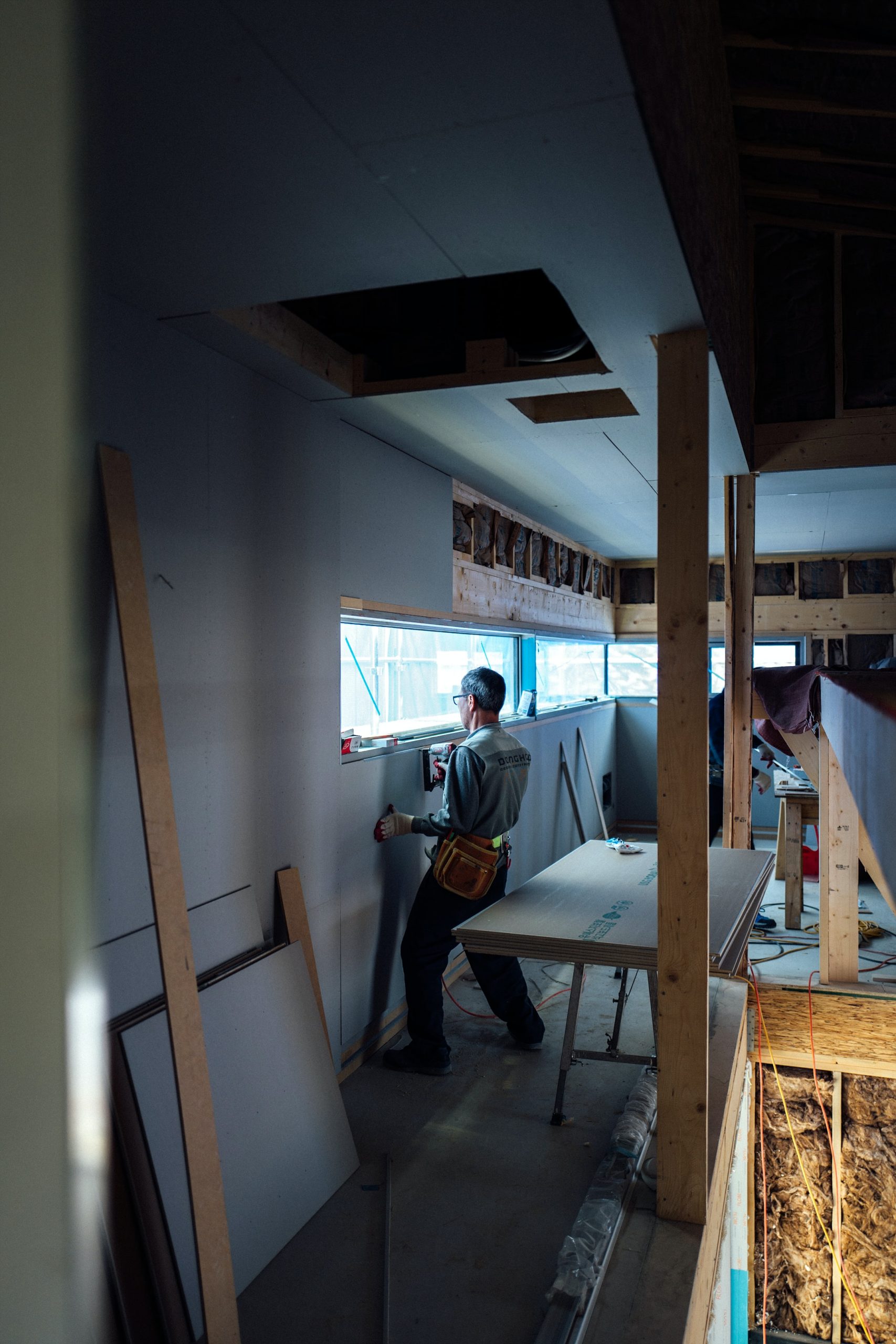Where to go for help with back pain? As statistics show, back pain is a problem that will affect every second Polish citizen at different moments in life. If the pain is chronic, the help of a specialist becomes necessary. In easier cases, it is enough for us to change our habits and perform the recommended exercises. However, more difficult cases require regular work – massage, mobilization, restoring proper movement patterns. This is what physiotherapy does .
What is physiotherapy?
Physiotherapy is one of the cooperating medical professions (i.e. all except doctors, nurses, dentists and pharmacists) whose subject is the treatment of movement disorders in general. Conditions treated by physiotherapists include:
- chronic pain;
- soft tissue injuries;
- joint injuries and damage;
- cartilage diseases and degenerations;
- arthritis;
- step disorder;
- posture defects;
- physical disability;
- musculoskeletal injuries.
To treat and relieve these and other problems, physiotherapy, based on the discoveries of scientific kinesiology, uses tools such as:
- massage;
- corrective exercises;
- joint mobilization and manipulation;
- electrotherapy;
- acoustic pulse therapy.
Physiotherapy cannot do without the active cooperation of patients. Therefore, physiotherapists, in addition to physical work on the patient’s body, also deal with pro-health education. Many problems faced by physiotherapy arise as a result of an inappropriate lifestyle – lack of physical activity, excessive overeating leading to obesity and incorrect, pain-inducing movement patterns.
- https://www.apbreloaded.com.pl/masz-dosyc-brzydkiego-zapachu-papierosow/
- https://www.swis.org.pl/jak-wybrac-drewno-do-budowy-naszego-domu/
- https://www.ujoasi.pl/jaka-odziez-do-pracy-wybrac/
How does physiotherapy fight back pain?
Back pain has many causes and before seeking help from a physiotherapist, you should consult your primary care physician to rule out surgical and/or life-threatening causes such as:
- cancerous tumor;
- gallbladder inflammation;
- pancreatic diseases;
- kidney failure;
- aortitis;
- benign tumors near the spine.
If these more sinister causes are ruled out, the two most common ones remain, i.e. discopathy and spinal stenosis.
What is discopathy?
Discopathy is a set of various diseases of the intervertebral discs, i.e. soft “sponges” located between the vertebrae of the spine, whose task is to cushion it and protect the spinal cord. It is popularly referred to as a “slipping disc”, which is not true – the intervertebral discs are firmly fixed in the spine and it is impossible for them to “fall out” without breaking it. Discopathy is diagnosed by X-ray, computed tomography or magnetic resonance imaging of the spine.
What is spinal canal stenosis?
Stenosis, also known as spinal stenosis or narrowing of the spinal canal, is, as the name suggests, a disease involving narrowing of the canal in the spine where the spinal cord rests. The increasing compression of the spinal cord causes pain, as well as a feeling of anesthesia and numbness. Stenosis is diagnosed by computed tomography or magnetic resonance imaging of the spine. It is usually triggered by the aging process and its first symptoms appear after the age of fifty or sixty.
How to fight discopathy and stenosis?
In severe cases of degeneration of the intervertebral discs or stenosis of the spinal canal, surgery may be necessary. However, in most cases, physiotherapy aimed at relieving lower back pain, exercises to strengthen the back and abdominal muscles will suffice (an example of an exercise program that a physiotherapist may suggest is the so-called Big Three: curl-up, lateral sternum and bird-dog exercise ) and learning correct, pain-free movement patterns.
Physiotherapy in Poland
In Poland, physiotherapy is a profession regulated by the Ministry of Health and the National Chamber of Physiotherapy, i.e. the professional self-government of physiotherapists. In order to obtain the right to practice as a physiotherapist, you must complete a technical high school with a professional specialization in physiotherapy (then you receive the title of physiotherapy technician) or complete appropriate higher education. There are over sixty thousand technicians, bachelor’s and master’s of physiotherapy in Poland, so you can find a medical facility in every major city where a physiotherapist will help you relieve back pain . Regular home visits are also often possible.
Restrictions on the work of physiotherapists caused by the coronavirus pandemic
Unfortunately for people suffering from back pain (and a range of other ailments that physiotherapy fights against) due to this year’s coronavirus epidemic, the Council of Ministers issued a regulation closing physiotherapy and massage facilities until further notice and banning home visits to specialists. Fortunately, the restrictions have now been lifted and it is hoped that patient care will return to normal and they will not suffer too much from a few months’ break in therapy.












